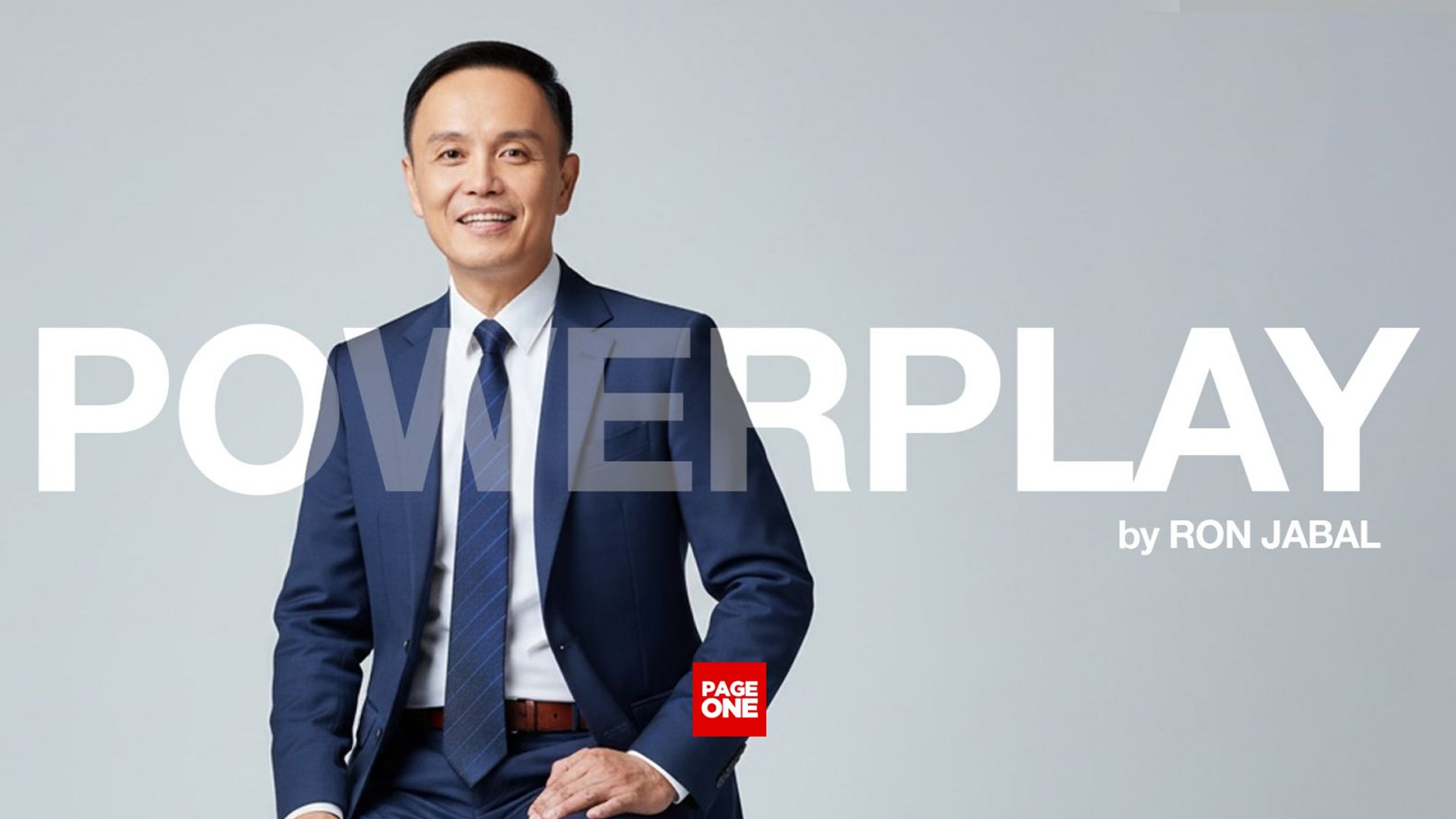The Philippines is a nation that never stops campaigning and never starts governing.
Every scandal, reform, and crisis is swallowed by politics, by noise; all maneuvering for self-preservation. Politics has become not the means of governance but its substitute, and that obsession is destroying the state from within.
The International Criminal Court’s (ICC) decision to keep Former President Rodrigo Duterte in detention exposed more than one family’s defiance. It revealed an entire political class addicted to performance, incapable of principle. While the ICC spoke of evidence, flight risk, and obstruction, our leaders spoke of mercy, loyalty, and pride: the language of politics, not law.
In most democracies, politics ends once governing begins. In the Philippines, politics never ends. The Senate pleads compassion for an accused mass murderer. The Vice President undermines an international court while holding office in a government sworn to uphold the rule of law. The President says little, calibrating silence for convenience.
This is politics as addiction. Every statement strategic, every act transactional. Our institutions have become stages for performance, not policy. The result is paralysis: committees without convictions, reforms without follow-through, power without purpose.
What the ICC ruling truly exposed is the anatomy of Philippine governance: a state that has learned to mimic democracy while evading accountability. Senators seek relevance through grandstanding. Cabinet secretaries act as political brokers. Presidents manage coalitions, not countries.
Even the simplest act, i.e., fighting corruption, responding to scandal, enforcing law, must first pass the test of political convenience. What will it cost? Who will it offend? How will it poll?
The consequence is a hollow government. We have the rituals of leadership, i.e., speeches, hearings, and resolutions, but none of its substance.
Patronage as Governance
The recent scandals, from flood control corruption to the Former Justice Secretary Boying Remulla’s appointment as the newest Ombudsman to the Senate’s humanitarian plea for Duterte, all trace back to the same root: patronage as policy. Loyalty determines justice; proximity determines protection.
When the Ombudsman becomes an ally, when the legislature becomes a shield, when silence becomes the President’s strategy, governance collapses into choreography. It looks busy, sounds loud, and accomplishes nothing.
The ICC did not merely refuse Duterte’s release; it held up a mirror. It showed what we refuse to see that our politics no longer serves our people. It serves itself.
Too much politicking breeds apathy, and apathy breeds decay. Flood projects fail, investigations fade, and the public learns the only law that matters: that nothing changes.
While other nations invest in innovation, resilience, and reform, we invest in narratives, in saving face, spinning scandals, and protecting dynasties. Every crisis becomes a campaign issue; every campaign becomes a crisis.
And so we mistake movement for progress, noise for leadership, loyalty for nationhood.
Final Word
The ICC’s decision was not just a legal ruling; it was a moral audit of how far we have drifted from the idea of governance. It reminded us that laws must mean something, that justice cannot depend on the mood of the powerful, and that compassion cannot erase accountability.
The tragedy of the Philippines is not that it lacks politicians. It’s that it has too many and too few leaders.
Until we learn to govern beyond politics, we will keep mistaking performance for progress. And as long as that continues, the Philippines will remain what it has tragically perfected: a democracy of noise, and a government of nothing.


